Dragonheart
 for action/violence.
for action/violence.
Reviewed by: Dawn Cole
STAFF WRITER
| Moral Rating: | Average |
| Moviemaking Quality: |
|
| Primary Audience: | • Teens • Young-Adults • Adults |
| Genre: | Action Adventure Fantasy |
| Length: | 1 hr. 43 min. |
| Year of Release: | 1996 |
| USA Release: |
May 31, 1996 |
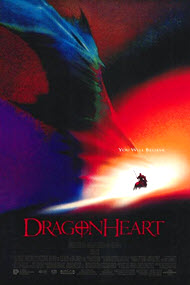

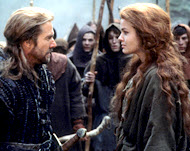
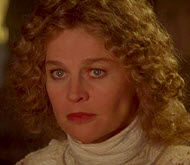

Dragons and dinosaurs—discover how they are connected
Knights of the “Old Code” of honor, valor and chivalry
Overconfidence
FEAR, Anxiety and Worry—What does the Bible say? Answer
Revenge
About the KINGS in the Bible
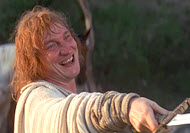
Narcissism
Lust for power
POVERTY—What does the Bible say about the poor? Answer
About the POOR in the Bible
What is the Biblical perspective on war? Answer
War in the Bible
Armies in the Bible
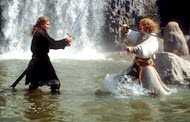
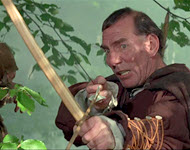
About murder
About the Ten Commandments of the Bible—GO
Have you kept each of the Ten Commandments? Are you good enough to go to Heaven? Answer
What is a true Christian? Answer
What are goodness and righteousness?
About the fall of mankind to worldwide depravity
What is SIN AND WICKEDNESS? Is it just “bad people” that are sinners, or are YOU a sinner? Answer
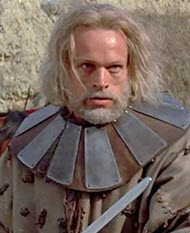
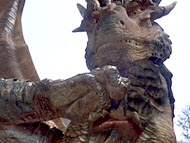
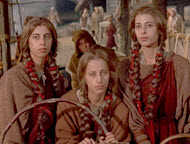
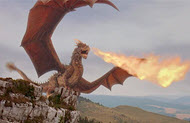
| Featuring |
Dennis Quaid … Bowen David Thewlis … Einon Pete Postlethwaite … Gilbert Dina Meyer … Kara Jason Isaacs … Felton Brian Thompson … Brok Lee Oakes … Young Einon Wolf Christian … Hewe Terry O;Neill … Redbeard Peter Hric … King Freyne Eva Vejmelková (Eva Vejmelkova) … Felton’s Minx See all » |
| Director |
Rob Cohen |
| Producer |
Universal Pictures Kelly Breidenbach See all » |
| Distributor |
This special effects Medieval adventure is set in the 10th century. Dennis Quaid stars as Bowen, a chivalrous knight whose heart is set on living according to the “Code” set by King Arthur. He is training King Einon to be such a knight as he. King Einon is mortally wounded and then taken to a dragon for healing. The dragon gives King Einon a part of his heart, after Einon swears to become a good ruler. Needless to say Einon goes back on his word and is as ruthless as ever. Bowen is disheartened and feels embittered toward the dragon that saved Einon’s life. The Knight becomes a dragon slayer to hopefully get his revenge on the dragon that saved Einon’s life, however, Bowen is not paid for his dragon slaying as previously agreed by King Einon’s men.
The very last dragon is found by Bowen, and after a mighty struggle the two become pals. They team up and deceive the kings men and peasants in the area by staging the dragon’s death over and over for a bag of gold, paid in advance. (Hmmmm what happened to that code of honor??) Bowen names the dragon Draco (who has the voice and mannerisms of Sean Connery). Bowen and Draco tire of seeing the peasants assaulted by the powerful and wicked King Einon. They talk the peasants into a revolt against the king, and Bowen trains them in the skills of combat. The battle scenes are long and bloody. As the king is shot in the heart, the dragon falls out in the sky, showing that the two are entwined by sharing a heart. The dragon is captured, and Bowen realizes that to rid himself of the evil king, he must also destroy his beloved friend the dragon.
Several bloody battle scenes are shown with the peasants yielding axes, arrows, and swords, doing the kings knights in. One particularly offensive scene shows the priest quoting the 10 Commandments' “Thou shalt not kill,” as he releases an arrow intending to kill King Einon. In another violent scene a beautiful maiden is almost raped. To top it off the king kills his own mother by stabbing her to death in the shadows. God’s name is used in vain a few times.
This film was given a relatively high Moviemaking Quality rating due to the Academy Award-winning visual effects team (headed by Scott Squires, Industrial Light and Magic) that made Draco seem very believably alive. This is the same team of specialists that made the dinosaurs in “Jurrasic Park” come to life.
I gave “Dragonheart” a low Christian Rating, however, mostly because of the violence described above. The priest’s character seemed to be somewhat of a mockery of Christianity; he was portrayed as a silly poet that really didn’t have much use, except for an ability to shoot arrows as straight as Robin Hood. The language was offensive—using God’s name in vain. The whole plot had a non-Christian-like attitude that promoted the use of violence to resolve conflict.
See list of Relevant Issues—questions-and-answers.


Wasn’t God like Draco giving half of their hearts to us and I sense that maybe just like the prince we are answering to this graceful act by God to us with evil. Take for instance, not praying to Him daily or not giving Him the attention that He deserves as He is the ruler of our lives. Are we now still willing to recognize that all our time and effort is focused upon Him? Or are we living lives that are so comfortable that we just recognize that our commitment is just daily attending church and that’s all.
I think we must learn to not be like the prince who only thinks about himself and not the people or the dragon that gave him half his heart just to save an unworthy person like the prince. But we must stand firm and love the God who saved us not because we deserve it but He knows that we need it. Let’s stop thinking of our name but more of His that we will have to portray in our own lives . Let our lives be unto God a glorification.
PLEASE share your observations and insights to be posted here.
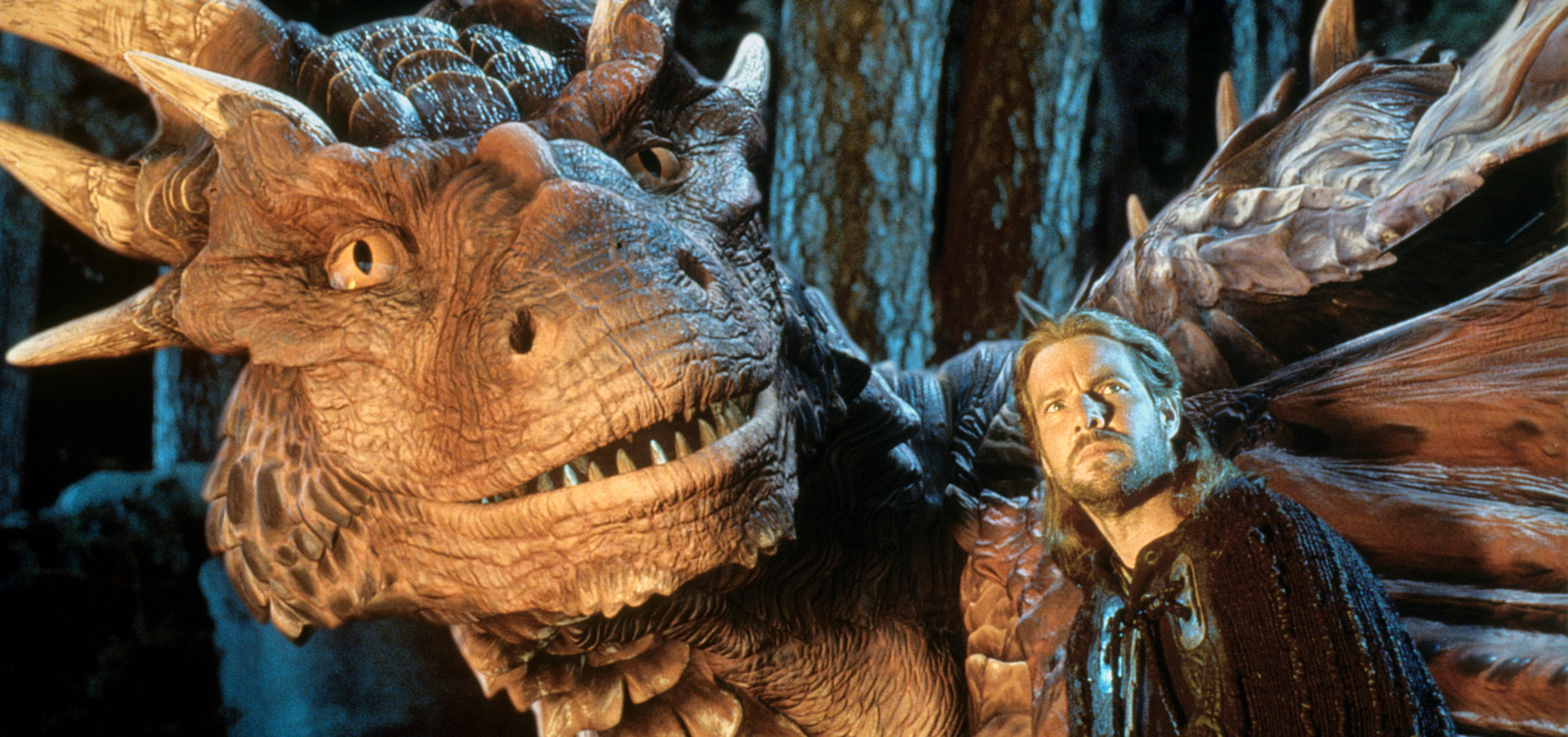
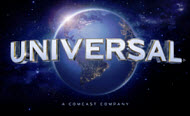
A knight of the “old code” wants to be an good influence to this young prince in a hope that he will change the current malicious kingdom into a merciful and righteous one when prince becomes king. Teaching him to fight with his “head not with his heart” because the heart is deceitful above all things. Isn’t that what we as Christians are called into for the world? To preach the gospel to all creatures and be son’s and daughters of God filled with mercy and justice? To preach with our head not our hearts, because we are prone to pick and choose who we want to be saved?
This knight had his hopes up too high and was even fooled by the trickery of the prince that he was good deep in his heart. This can be relatable because to people that we love so much we will make up excuses of why they keep willingly sin, love their sin, have and show no desire to want to leave their sin and we will want to blame others like the knight blames the dragon for “polluting the heart.” We will at times justify them, but sooner or later we will have to face the facts that’s people will never desire what’s good and pure, which is our God.
I absolutely love how the dragon knows it is hard for the knight to kill Einon, and the dragon being a creature who earns his salvation by works, is willing to die to put an end to the corrupt king. In a strange way, I can see that the dragon knows people are made in the image of the Lord and that people are above them, “to protect them” as he once quoted and how we “have lost our way.” We can easily find more faithfulness and loyalty even in our own pets such as a dog, and we could reflect on this just to see our own reflections that we are wretched human beings and how much we need the Lord Jesus.
This movie is not a Christian movie, but we could learn a lot from this film. We don’t live in a world where people don’t blaspheme, swear, and kill… That’s just the world we live in like it or not, and that’s why our God has called us so that in the midst of controversy and conflicts, we must not forget who we are, who our God is, and why we are here… We must not lose our way, the Lord Jesus is the Way.
My Ratings: Moral rating: Average / Moviemaking quality: 5